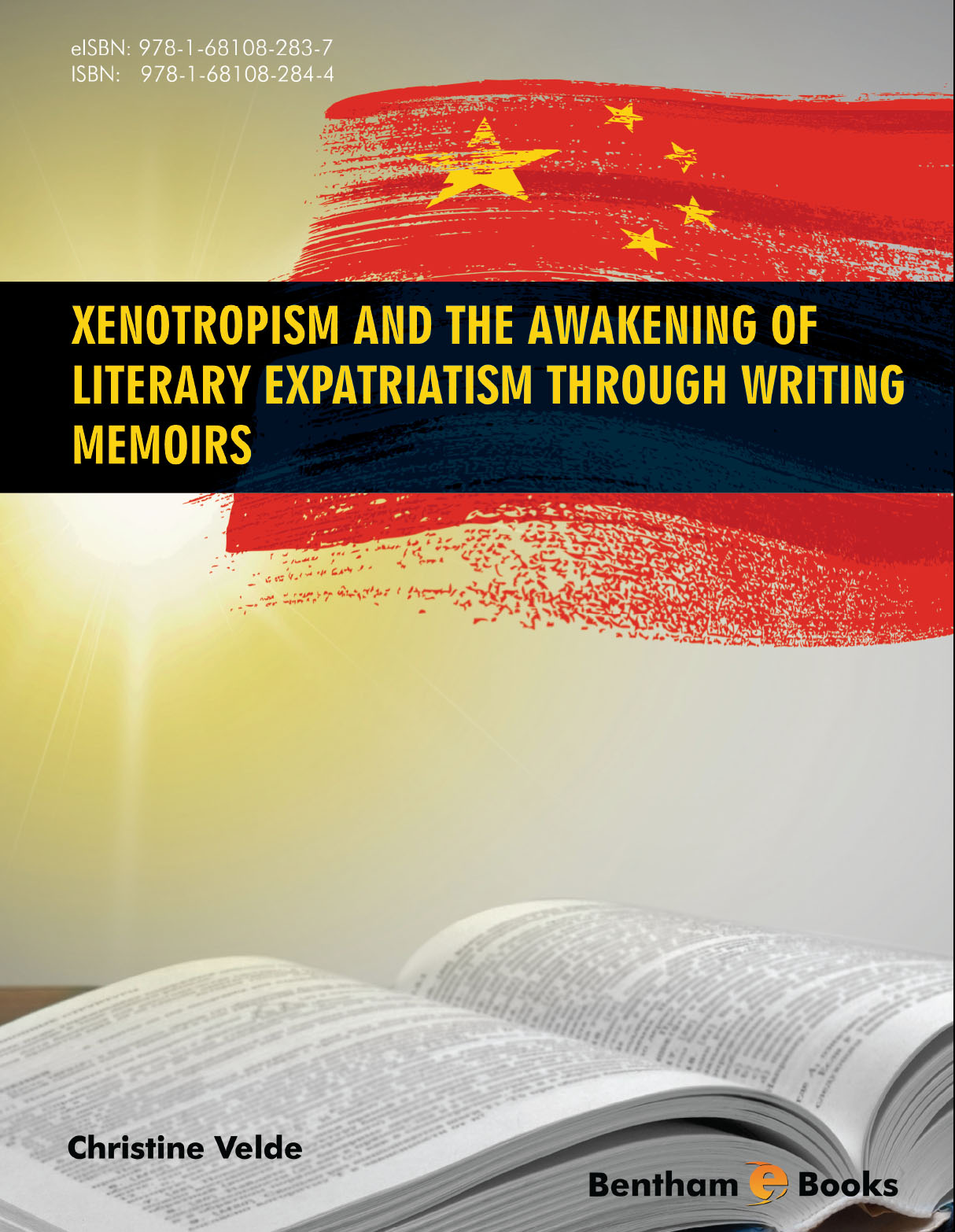Introduction
Although there have been many discussions about challenges faced by individuals going through East to West migrations, there are few literary accounts about those moving from the West to the East. Yet these migrations are becoming more frequent now due to advances in technology and the fact that a writer’s work can now involve an increasingly global audience. One way of expressing these challenges is through writing memoirs.
Xenotropism and the Awakening of Literary Expatriatism through Writing Memoir exemplifies the craft of memoirs written while living in a foreign country and explains how this is different from writing from home. The book is a theoretical analysis of xenotropism based on the work of three prominent writers in China’s history: Emily Hahn, Nien Cheng and Qiu Xiaolong. The author explores the relationship between xenotropism (turning towards foreign ideals and practices), its complexities and challenges, and the writing of a memoir and its impact on mental health.
This discourse will contribute to new knowledge in the field of creative writing and Asian studies by illustrating how xenotropism or ‘turning towards foreign ideals and practices’ results in both personal and artistic development and builds an understanding and acceptance of different cultures within an individual. These processes of change and understanding, in turn, facilitate the writing of a memoir, which is a cathartic process having a positive effect on one’s mental state. Readers interested in creative writing or Asian literary studies will be able to understand the creative process behind writing memoirs from a combination of personal, research-based, literary and theoretical perspectives.


